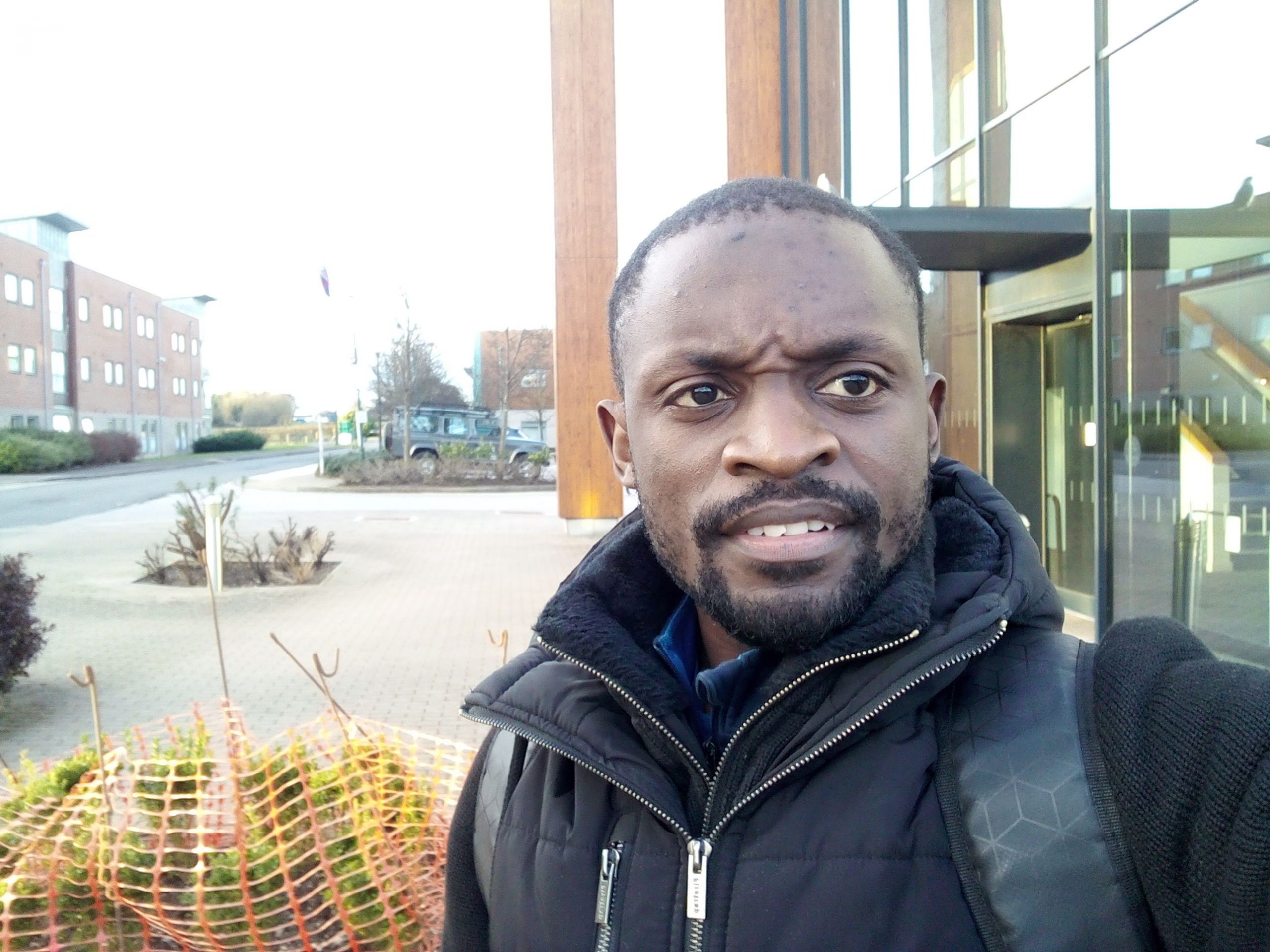
June 16, 2022, by Lexi Earl
Understanding yield gaps: An interview with Chawezi Miti
Chawezi Miti is a PhD candidate with the UoN-Rothamsted Graduate Centre for International Agriculture. Their project is titled: Boundary line methodology for yield gap analysis of farm systems, and their supervisors are Prof. Murray Lark (University of Nottingham), Dr. Alice Milne (Rothamsted research), and Prof. Ken Giller (Wageningen University). Prior to starting a PhD, Chawezi obtained a MSc and BSc from Ghent University and The University of Zambia respectively.
Why did you decide to do a PhD? What were you doing before?
Prior to starting my PhD, I was working as a research fellow on a project called CEPHaS (Capacity in environmental physics, hydrogeology and statistics) which was looking at the effects of conservation farming on soil physical properties and groundwater recharge at the University of Zambia. It is from that experience that my desire to do my PhD increased as I realised the need for me to improve my capacity to carry out research. I realised that though more people (in Zambia) are vested in scientific knowledge, there is a gap in capacity to carry out research especially when it comes to the statistical aspect of research. Going forward, I hope to add capacity in scientific research to my country and the wider scientific community.
Why did you choose this particular PhD project?
I chose this PhD project in particular because it is in a field of agriculture, in which I have interests in contributing to scientific knowledge on increasing agriculture productivity. This particular project offers many statistical modelling activities, which I feel, will greatly increase my capacity to undertake research in the future.
Tell us about your research. What do you study? Why is it important?
With an increasing global population and the negative effects of climate change on crop production, there has been increased production of potentially high yielding crop varieties. However, the potentially high yielding crop varieties do not seem to meet their high potentials and there is therefore a yield gap amongst farmers. The first step of coming up with a solution to this problem is to quantify the yield gaps and identify their causes. My research involves the development of novel methods of doing yield gap analysis using boundary lines. At the moment, available methods use non-statistical methods that make it difficult to reproduce the results and carry out comparisons of different studies. The development of the statistical methods will thus enable the objective study of yield gaps, which will enhance the understanding of the causes of the yield gaps.

Chawezi in the field
How do you explain your research to ordinary people?
My research is about identifying the reasons why crops with high yield potential are not able to reach their potential in actual farmers’ fields and measuring by how much their yields fall below potential yields.
How is your first year going? Any highlights?
The first year has gone on so well so far. I have completed some fundamental courses and have done most of my literature review. The Covid pandemic has affected some activities, which were normally done in person and has restricted us to have some activities virtually, like lectures and training, which is not as exciting.
Has undertaking a PhD been different from other degrees you have done? How so?
Doing a PhD is a step up from previous degrees. This level is like putting all the knowledge that has been acquired in previous degrees into practice. It is more of practice of the principles previously acquired, unlike my previous degrees which were more focused on theoretical learning. It also gives an independence of planning your own activities and making sure that everything is moving as planned.

Chawezi taking measurements in the field
What have you learnt through your first PhD year?
Life offers many opportunities for us to continuously learn new things from our circumstances. Working in an environment that is composed of different people from different parts of the world has allowed me to learn about different cultures and appreciate the importance of co-existence. Professionally, I have continued to acquire statistical modelling skills and tools, and the use of some softwares like R-software and LaTex.
How do you cope with the pressure of doing a PhD?
Pressure is a part of every working environment. I usually try to balance my studies with other extra-curricular activities so that I keep my mind fresh. I do some part-time football coaching in my spare time and that eases any pressure that comes with doing the PhD. I also engage in activities with colleagues at church and that helps me get great relief.
No comments yet, fill out a comment to be the first

Leave a Reply